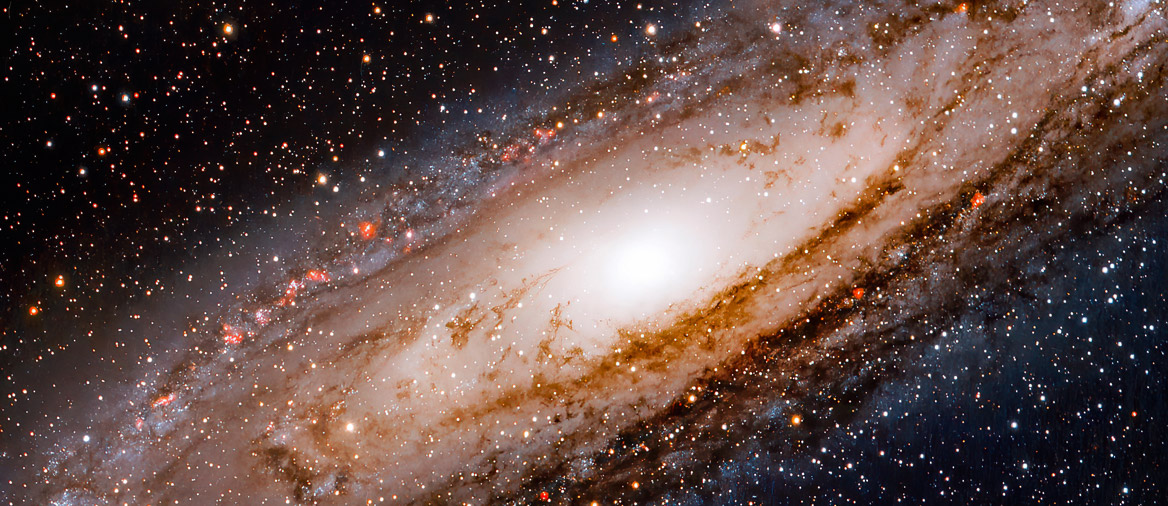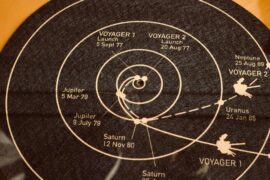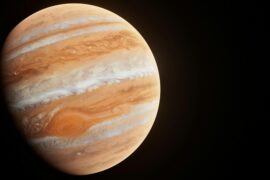At the time of writing, about 6,000 planets have been confirmed outside the Solar system. But that’s just the beginning. It is believed that there are billions of planets out there in the universe waiting to be discovered. All of them with different characteristics and some might even be Earth-like planets that could turn out to be habitable or where life could develop.
But finding planets is not an easy task. You see, planets don’t emit light and they only radiate small amounts of energy that are not enough for us to detect at such large distances. We can only detect planets through indirect methods like the gravitational effect they have on their host star or when they pass in front of it and block the light said star emits.
This means that our planet-detecting capabilities are limited by the power of our telescopes and image-processing capabilities. And while both are getting better very fast, the planets that we can detect are the ones closest to us, which means the ones in our own galaxy.
So, to answer the question you came here for.
Are there planets in other galaxies?
Yes, astronomers are sure that there are planets in other galaxies. These are called extragalactic planets and they are planets that are orbiting a star or even rogue planets (planets that wander without a star) that are located beyond the Milky Way.
At the moment there is not a single extragalactic planet that has been individually detected and confirmed. We are just too far away from them. However, we can infer their existence from the effect they have on the stars around them and from indirect evidence.
To give you an idea of the distances astronomers are dealing with when trying to detect planets in other galaxies, the farthest planet that we have been able to detect is called Kepler-1606b which is about 2,800 light-years away from Earth. The closest galaxy to us is the Canis Major Dwarf Galaxy, a “small” galaxy located about 25,000 light-years away, that is, almost 10 times farther away than Kepler-1606b. Major galaxies are much farther away, for example, the Andromeda galaxy is 2.5 million light-years away, or about 1,000 times farther away than Kepler-1606b.
Despite this. Astronomers are confident there are billions of planets out there in other galaxies waiting to be discovered.
A few probable extragalactic planet candidates have been found, however, none of them has been confirmed as such and more information about them is required.
List of extragalactic planets
Even though there are no confirmed extragalactic planets, there are a few candidates that astronomers are keeping an eye on and trying to confirm.
Here’s the list so far:
| Name | Galaxy | Notes |
|---|---|---|
| Twin Quasar planet | YGKOW G1 | A planet 3 times the size of Earth was theorized during an observation of a quasar that appears as two. Unfortunately, it can’t be confirmed as this was a once-in-a-lifetime kind of alignment with the event. The planet would be located 4 billion light-years away. |
| PA-99-N2 | Andromeda | This planet would be 6.3 times bigger than Jupiter. |
| M51-ULS-1b | Whirpool Galaxy | This planet would be approximately the same size as Saturn. It was first seen when it “eclipsed” an X-ray observation of its star. |
| Rogue planets | – | A few rogue planets (planets that don’t belong to a star system) were possibly detected while looking at the supermassive black hole RX J1131-1231 |
We don’t have images of any of these planets because their detection is done by measuring very small changes or even just a slight dimming of a star on data bundled with thousands or millions of other stars.
Summary
- All of the confirmed planets that have been found outside the Solar system are within our own galaxy
- There are billions of planets in other galaxies, but they are so far away that it is really hard to see them from Earth
- A few candidate extragalactic planets have been observed, hopefully, in the near future we’ll be able to confirm their existence.
Enjoyed this article?
Get daily 10-minute PDFs about astronomy to read before bed!
Sign up for our upcoming micro-learning service where you will learn something new about space and beyond every day while winding down.







